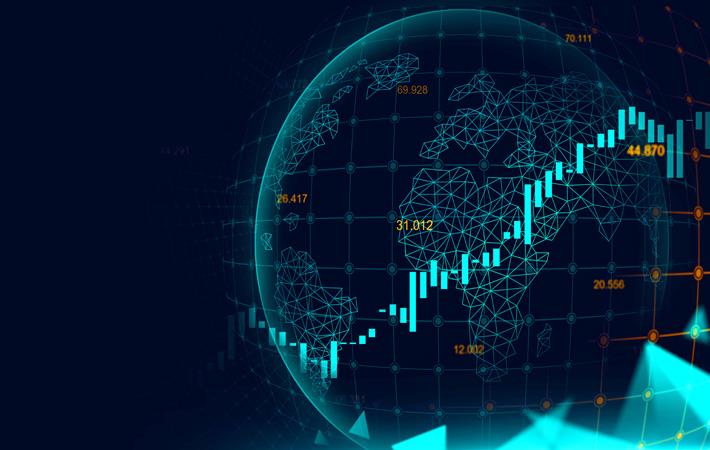Trade conflict, weak business investment and persistent political uncertainty are weighing on the world economy and raising the risk of long-term stagnation, according to the Organisation for Economic Cooperation and Development (OECD), which says world gross domestic product (GDP) growth is likely to be 2.9 per cent this year, its lowest since the financial crisis.
The world GDP growth will remain at 2.9 per cent and 3 per cent in 2020 and 2021 respectively. Global GDP expanded by 3.5 per cent in 2018, the OECD says in its latest Economic Outlook.Trade conflict, weak business investment and persistent political uncertainty are weighing on the world economy and raising the risk of long-term stagnation, according to the Organisation for Economic Cooperation and Development, which says world gross domestic product growth is likely to be 2.9 per cent this year, its lowest since the financial crisis.#
Bold action is needed to address both the high levels of uncertainty facing businesses as well as the fundamental changes taking place in the global economy. Policy-making must lead the transition to cleaner energy and to an increasingly digital world. Governments must work together urgently to boost investment and establish fair international rules on taxation and trade, an OECD press release quoted the report as suggesting.
Presenting the report in Paris recently, OECD chief economist Laurence Boone said: “It would be a mistake to consider these changes as temporary factors that can be addressed with monetary or fiscal policy: they are structural. Without coordination for trade and global taxation, clear policy directions for the energy transition, uncertainty will continue to loom large and damage growth prospects.”
The slowdown involves advanced and emerging-market economies alike although its severity varies according to the importance of trade in individual countries. Growth in the United States is projected to slow down to 2 per cent in 2020 and 2021. In the Euro area and Japan, growth is expected at around 1 per cent while the deceleration in China’s expansion is set to reach 5.5 per cent in 2021, compared with 6.6 per cent last year.
Two years of escalating US-China trade conflict has hit trade, is undermining business investment and is putting jobs at risk. Although household spending has been holding up, signs of it weakening are emerging, says the report.
While the fragility of the world economy can be blamed in large part on deliberate policy decisions, it also reflects deeper, structural changes, says the Outlook. Digitalisation is transforming business models while climate and demographic changes are already disrupting existing patterns of activity. China, meanwhile, is rebalancing away from a reliance on exports and manufacturing towards consumption and services.
Aggregate investment growth in the G20 countries, excluding China, slowed from annual rate of 5 per cent at the start of 2018 to only 1 per cent in the first half of 2019, the Outlook shows. Global trade volume growth of goods and services is estimated to have slowed to 1 per cent this year, its lowest rate since 2009. Although a modest pick-up is projected, it is expected to remain weak.
The Outlook warns that any further escalation of the trade conflict would disrupt supply networks and weigh on confidence, jobs and incomes. Uncertainty about a future EU-UK trade relationship poses a further risk to growth as does the current high level of corporate debt.
Fibre2Fashion News Desk (DS)
